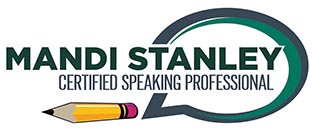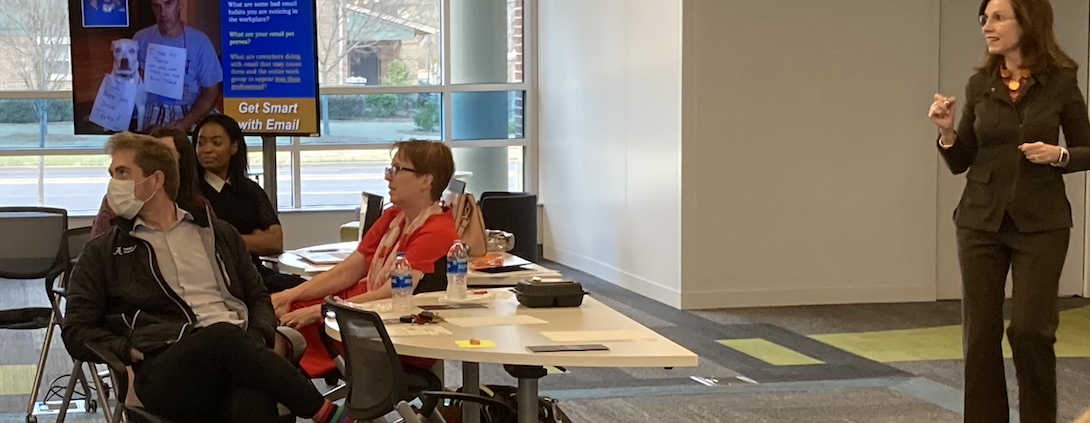Without fail, this question pops up in every Grammar-for-Grownups professional development class I facilitate.
Oh, how I wish there were a simple gimmick to help us remember when to use affect or effect. Alas, that’s why it’s so tricky; there’s no sure-fire memorable saying to help with this sometimes confusing word choice. And, it’s not as simple as saying affect is a verb and effect is a noun. So, how do we know when to use which word? Below is what I share in my classes. It boils down to word substitution—but I’ve found it really works.
Effect is a noun. When effect is being used as a noun, it means “result.”
One effect of Tropical Storm Claudette was closed beaches in Point Clear.
Translation: One result of Tropical Storm Claudette was closed beaches in Point Clear. (And I know this well because we had to cancel our vacation last weekend.)
Another way to look at it is if you can put an or the in front of it, use effect.
Affect is a verb. When affect is being used as a verb, it means “to change or influence.”
Tropical Storm Claudette affected our vacation plans.
Translation: Tropical Storm Claudette changed our vacation plans.
Life would be sweet if it really were that simple, but here’s the catch. Effect also can be used as a verb. And when effect is a verb, it means “to cause.” [Think cause and effect.]
This new HR policy will effect a change in our organizational chart.
Translation: This new HR policy will cause a change in our organizational chart.
This word substitution works for me. I’m curious if you have any other memorable tricks for effect and affect—and effect.
To customize a keynote or professional development session that will have your audience laughing and learning, contact Mandi Stanley.
Certified Speaking Professional Mandi Stanley works with business leaders who want to boost their professional image by becoming better speakers and writers through interactive high-content keynotes, breakout sessions, workshops, technical writing seminars, and fun proofreading classes.
You might also like:
How Do You Handle Virtual Meeting Whiners?
Use this App to Capture Fresh Presentation Ideas
Wacky Word of the Week: Purge this Particular Word
Photo by Richard Main on Unsplash









 Image by
Image by 

